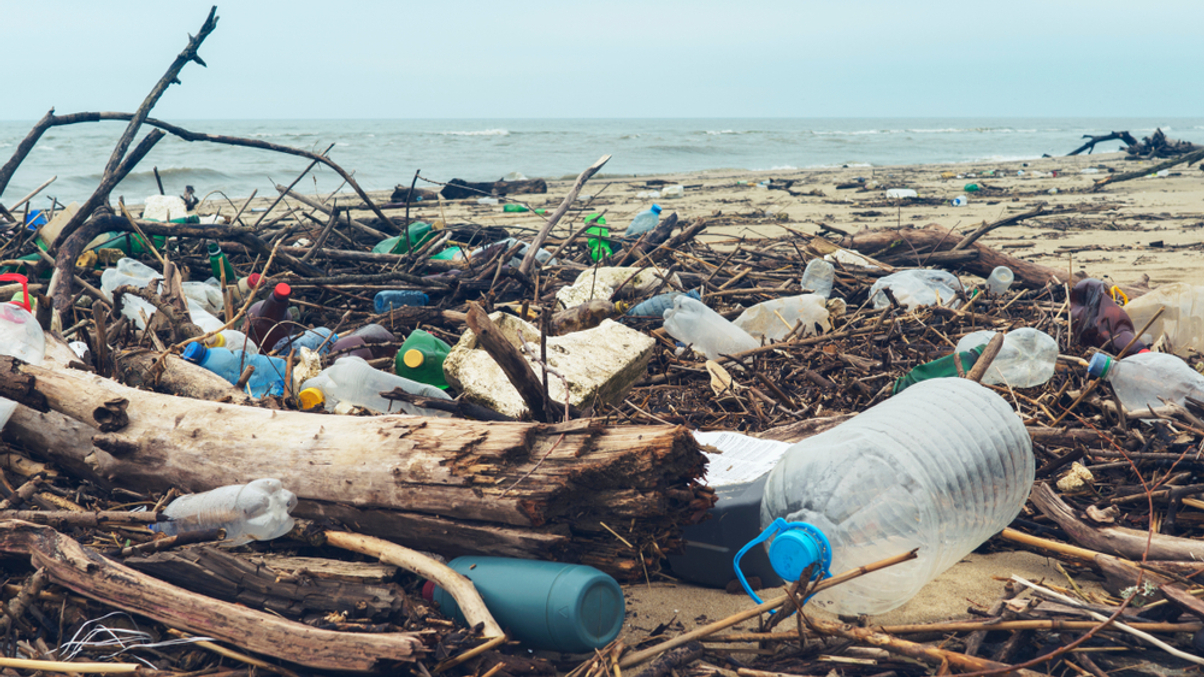70 firms, financial institutions call for UN treaty against plastic pollution
Signatories are advocating for a robust policy on plastic pollution amid concerns that states would support a less ambitious mandate.

More than 70 businesses and financial institutions have signed a petition, calling on the United Nations (UN) to initiate a legally binding global treaty on plastic pollution, marking the strongest bid from leading firms to stop plastic pollution in its tracks in recent years.
Sign in to read on!
Registered users get 2 free articles in 30 days.
Subscribers have full unlimited access to AsianInvestor
Not signed up? New users get 2 free articles per month, plus a 7-day unlimited free trial.
¬ Haymarket Media Limited. All rights reserved.


